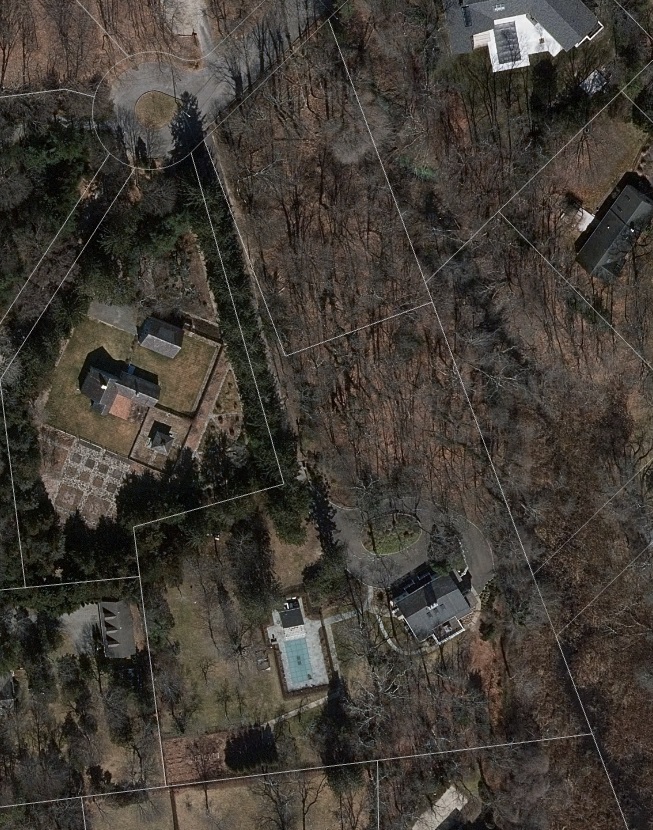
Recently, in On Point Window Treatment, Inc. v. 208 Clinton Place, LLC, 2024 N.Y. Slip Op. 50241 (N.Y. Sup. Ct. 2024), the Kings County Supreme Court held that even when paired with an insurance procurement requirement, a landlord could not rely on an indemnity clause negotiated into its lease to exempt such landlord from liability.
Under General Obligations Law § 5-321 “agreements that purport to exempt landlords from liability for negligence are void” and unenforceable. However, it has long been understood that this does not apply “when a lease provision arrived at an arm’s length negotiation between two sophisticated parties requires both parties to allocate the risk of liability to third parties between themselves through insurance.” See On Point Window Treatment Inc. at 6 (internal citations omitted). The Court of Appeals reaffirmed this concept in 2006 when they stated in Great N. Ins. Co. v. Interior Constr. Corp., that “a commercial lease negotiated between two sophisticated parties who included a broad indemnification provision, coupled with an insurance procurement requirement” was enforceable, and held that when “a lessor and lessee freely enter into an indemnification agreement whereby they use insurance to allocate the risk of liability to third parties between themselves, General Obligations Law 5-321 does not prohibit indemnity.” See Great N. Ins. Co. v Interior Constr. Corp. (7 NY3d 412 [2006]).
Landlords and their counsel have relied on this structure of coupling an insurance requirement on the tenant with a negotiated indemnification clause as a way to limit a landlord’s exposure under a lease. However, the On Point Window Treatment, Inc. decision suggests that landlords and their counsel should be wary in their reliance on this structure.
In On Point Window Treatment, the tenant alleged that it “sustained significant damage to its leased space” as a result of the landlord’s negligence in maintaining the roof. See On Point Window Treatment, Inc. at 4. The landlord, in its defense, relied on the finding of the Court of Appeals in Great N. Ins. Co. and turned to its indemnification provision and insurance requirement of tenant in the lease. Such indemnification exempted the landlord from, among other things, liability for any damage caused by the roof. In addition, the insurance provision in the lease stated that the tenant assumed all risk of loss or damage to its property and was to maintain insurance coverage against such risks. See id. Further, the lease asserted that the landlord would not “incur any liability or responsibility for tenant’s property.” See On Point Window Treatment, Inc. at 4-5. The landlord argued that, because the lease was an “arm’s length negotiation between two sophisticated parties” that “allocate[s] the risk of liability to third parties between themselves through insurance” such indemnification clause should not be prohibited by General Obligations Law 5-321. See id.
However, the court found the opposite. In so holding, the court stated that “the insurance procurement clause was not an agreement to allocate the risk of liability to third persons but rather a means for [landlord] to avoid liability to [tenant] for its own negligence.” See On Point Window Treatment, Inc. at 7. The court ultimately found that the purpose of the indemnity provision was to exempt the landlord from liability for its own negligence, and therefore, violated General Obligations Law § 5-321. See id.
Takeaway: Landlords and their counsel should use caution when relying on indemnification provisions paired with insurance procurement clauses in order to limit liability under a lease.











